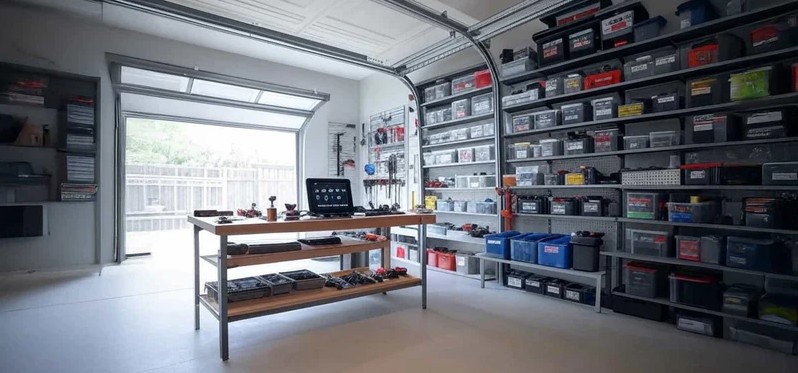Introduction (50 words): Real estate, a cornerstone of human civilization, has always been a dynamic sector that reflects society’s needs and aspirations. In this article, we embark on a journey through the ever-evolving landscape of real estate, exploring the transformative trends and emerging technologies that are reshaping the industry.
- The Rise of Smart Homes (100 words): As technology continues to advance at a rapid pace, smart homes are becoming an integral part of the real estate market. With features like voice-activated assistants, automated security systems, and energy-efficient appliances, smart homes offer convenience, comfort, and sustainability. Homeowners can control their properties remotely, from adjusting the thermostat to monitoring security cameras, all through their smartphones. The integration of Internet of Things (IoT) devices and artificial intelligence (AI) is revolutionizing how we interact with our living spaces, enhancing efficiency, and improving the overall quality of life.
- Sustainable and Green Buildings (100 words): In an era of growing environmental consciousness, sustainable and green buildings are gaining popularity in the real estate industry. These structures incorporate eco-friendly materials, energy-efficient designs, and renewable energy sources. From solar panels and rainwater harvesting systems to green roofs and natural ventilation, sustainable buildings aim to minimize their carbon footprint and maximize resource efficiency. The demand for such properties is driven by a combination of environmental concerns, cost savings, and the desire for healthier living spaces, ultimately reshaping the real estate landscape.
- Co-living and Co-working Spaces (100 words): The traditional notions of living and working are undergoing significant transformations, giving rise to the concept of co-living and co-working spaces. These innovative arrangements provide shared accommodations and workspaces, catering to the needs of a growing digital nomad and freelance workforce. Co-living spaces foster a sense of community, offering shared amenities, events, and networking opportunities. Co-working spaces provide a productive environment for collaboration and entrepreneurship. This emerging trend blurs the lines between residential and commercial real estate, creating dynamic spaces that adapt to the evolving needs of the modern workforce.
- Virtual Reality and Augmented Reality (100 words): Virtual reality (VR) and augmented reality (AR) technologies are revolutionizing the way we experience real estate. Prospective buyers can now take virtual tours of properties, visualize interior designs, and even experience the surrounding neighborhood before physically visiting a location. VR and AR technologies also assist architects and designers in creating immersive 3D models, enabling them to showcase their vision to clients. These technologies enhance transparency, streamline decision-making processes, and eliminate geographical constraints, transforming the traditional real estate transaction process.
Conclusion (50 words): The real estate industry is in a constant state of evolution, adapting to societal, technological, and environmental changes. Smart homes, sustainable buildings, co-living/co-working spaces, and virtual/augmented reality are just a few of the transformative trends shaping the future of real estate. Embracing these innovations will not only improve our living and working environments but also create endless opportunities for growth and prosperity.







